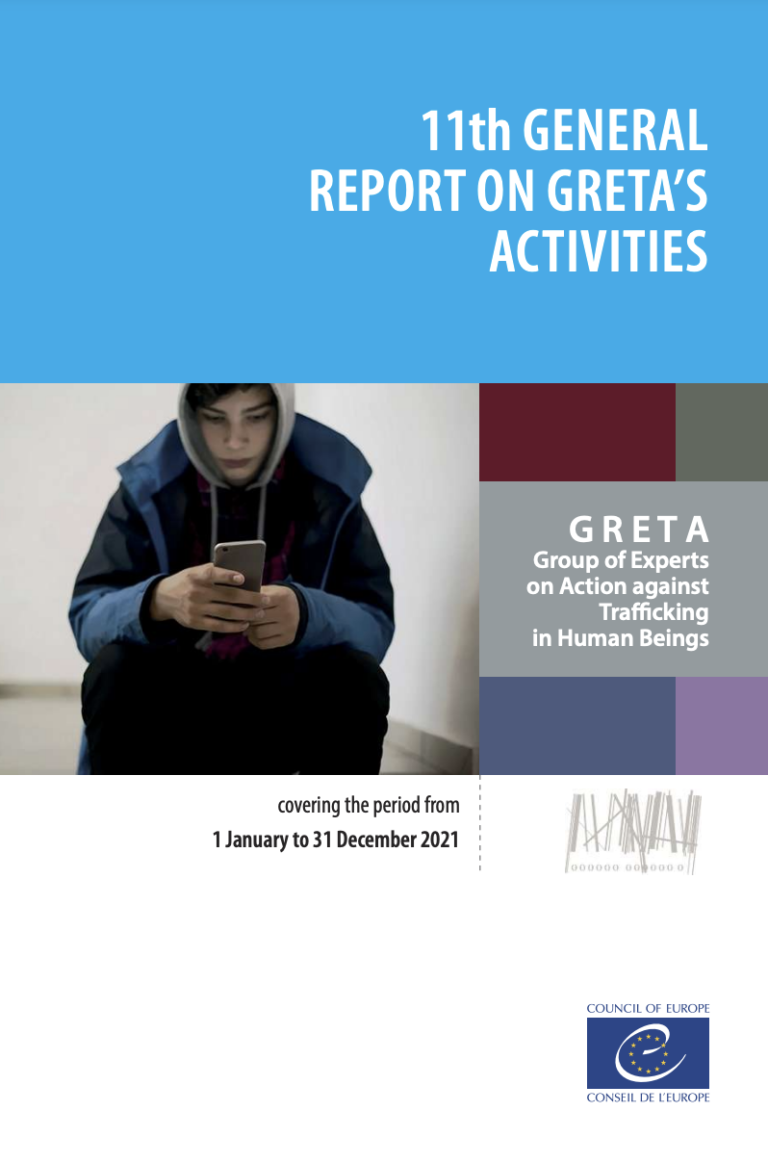This year’s General Report zooms in on the impact of information and communication technology (ICT) on trafficking in human beings. Countries monitored by GRETA have reported an increased use of ICT for recruiting and controlling victims of trafficking. At the same time, the evidence base on ICT-facilitated human trafficking remains limited and patchy, which is why GRETA launched a study in 2021, based on questionnaires sent to State Parties to the Convention, NGOs and tech companies. A summary of the resulting report and recommendations is reproduced in the General Report. ICT has produced structural changes in the way offenders operate, which require countries to adapt and equip their law enforcement agencies and criminal justice systems with capabilities in step with the changing environment. The challenges posed by technology on the investigation of human trafficking cases include data encryption, large volumes of data, speed of technological change, and lack of technical equipment. As regards challenges in the process of prosecution, obtaining evidence from other countries is cited the most often, followed by lack of training, inadequate legislative tools and insufficient assistance from the private sector. Conclusions can be drawn to indicate that it is essential to invest in human capital, enhance co-operation with private companies, and strengthen international co-operation.

